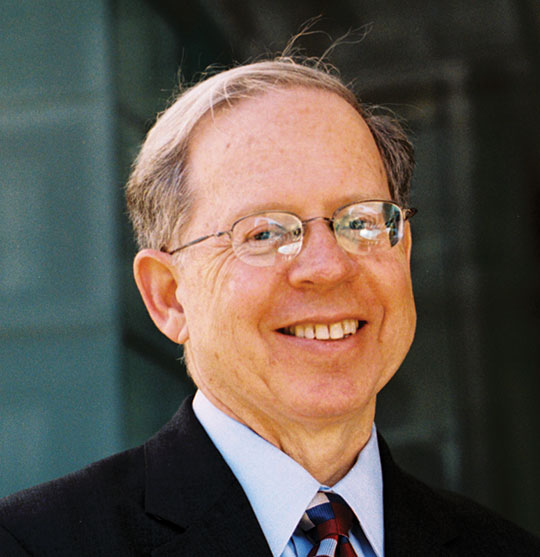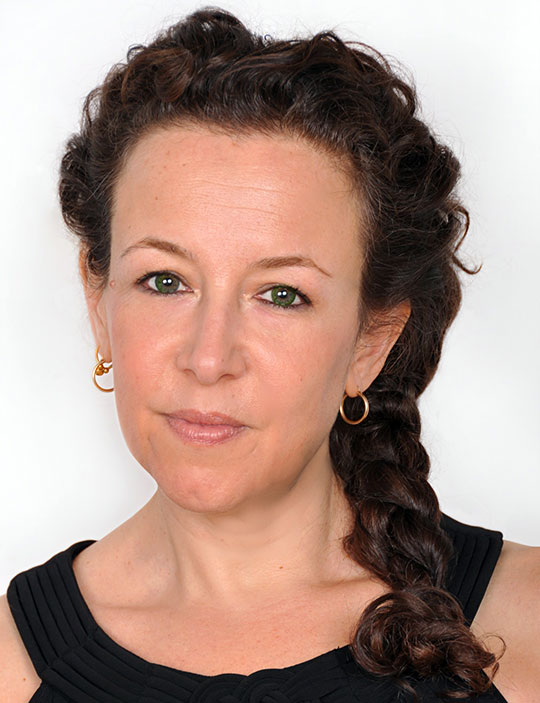
Cross-sector Collaboration in Education: TC study suggests "collective impact" initiatives must overcome challenges that plagued prior efforts
A new report by Teachers College researchers turns a wary but hopeful eye on the broad renewal of interest and investment in local, place-based, cross-sector collaboration as a strategic approach for the improvement of educational attainment and outcomes.
Recent years have seen a proliferation of new cross-sector partnerships for education. These initiatives, organized at the school district, city, county, or metropolitan level, are attempting to improve education by promoting collaboration among government, business, and civic sectors; early childhood providers, the K-12 system, and postsecondary education; community-based organizations and private providers of services and supports for young people and their families—and by bridging gaps between strategies focused exclusively on schools and those drawing on a wider range of services and programs.
Nevertheless, such efforts “have historically been difficult to pull off and sustain,” caution the authors – Jeffrey Henig, Professor of Political Science & Education; Carolyn Riehl, Associate Professor of Sociology & Education Policy; Michael Rebell, Professor of Law & Educational Practice, and Executive Director of TC’s Campaign for Educational Equity (CEE); and Jessica Wolff, CEE Policy Director, all of TC’s Department of Education Policy & Social Analysis. They make the case that it is not enough to get well-intentioned people together; political and organizational challenges can be unpredictable, racial tensions can complicate efforts, and the persistent challenges of school improvement should not be underestimated. They also argue that the ability to gain traction through cross-sector collaboration is even more difficult when current efforts are disconnected from their “historical and theoretical lineage.”
The report, funded by The Wallace Foundation, is the first in a planned series by the TC group focused on local “collective impact” initiatives – a term coined in 2011 by John Kania and Mark Kramer of the consulting firm FSG. FSG and the Aspen Institute Forum for Community Solutions have since created a nationwide Collective Impact Forum that now claims nearly 13,000 members.
Among the leading examples of collective impact collaborations cited by the TC authors are StriveTogether, launched in Cincinnati in 2006 and which now boasts more than 60 members.; Say Yes to Education, which launched its first city-wide effort in Syracuse and now is actively involved in Buffalo; and the Promise Neighborhoods funded by the Obama administration, which were inspired the Harlem Children’s Zone in New York City.
The TC report, titled “Putting Collective Impact In Context: A Review of the Literature on Local Cross-Sector Collaboration to Improve Education,” traces past U.S. collaborative movements aimed at providing comprehensive services, from the settlement houses of the late nineteenth century, to the White House conferences on children convened by Teddy Roosevelt and Woodrow Wilson, to the community education initiatives of the New Deal era, to Lyndon Johnson’s War on Poverty, to the Empowerment Zones and Enterprise Communities fostered by the Clinton administration.
While much of lasting value was achieved during each of these periods, “the social and political history of the U.S. reflects a persistent ambivalence about our collective civic responsibility for the poor,” the authors write. “Our nation seems episodically to ‘rediscover’ poverty and to embrace the notion that there should be a concerted and coordinated effort to provide children from low-income communities with the full range of basic resources, services and supports they need in order to thrive. After a burst of enthusiasm and investment, attention wanes and other concerns take priority.”
Yet there are several reasons why the current movement might prove to be different. For starters, because it is more tightly focused on improving educational outcomes, “it has the potential for greater public support, since education has historically and traditionally held a prime place in our nation’s ideology and has been our main strategy for combating poverty.” Although the use of outcome measures has been controversial when tied to accountability policies, many states and districts now have more sophisticated systems for collecting and analyzing student data and this information might be turned instead toward mobilizing and focusing local efforts. Cities, too, are embracing “the new localism”—the idea that they, rather than the federal government, are the best arena for generating creative solutions to big problems.
Also promising, in the authors’ view, are signs of a resolution to a decades-old battle – begun in the wake of the landmark Coleman Report – that pitted those who believe that education outcomes cannot be improved without addressing poverty and other non-school factors against those who argue that schools should be able to help all students, regardless of socioeconomic status. That polarizing and counter-productive battle is winding down, they believe, thanks to a growing body of research that identified “specific causal links between poor educational outcomes and cognitive, health, environmental and other factors correlated with poverty.”
In subsequent Wallace-funded reports, the TC group will deliver case studies of eight cities and make recommendations for how the movement can achieve success and sustainability.
Published Wednesday, Oct. 28, 2015








